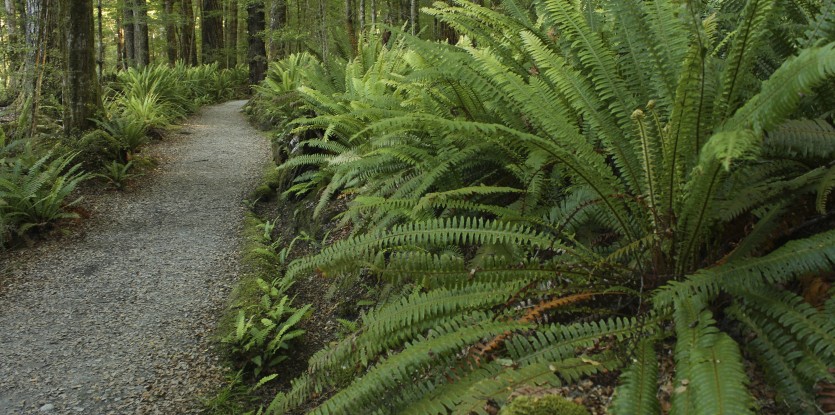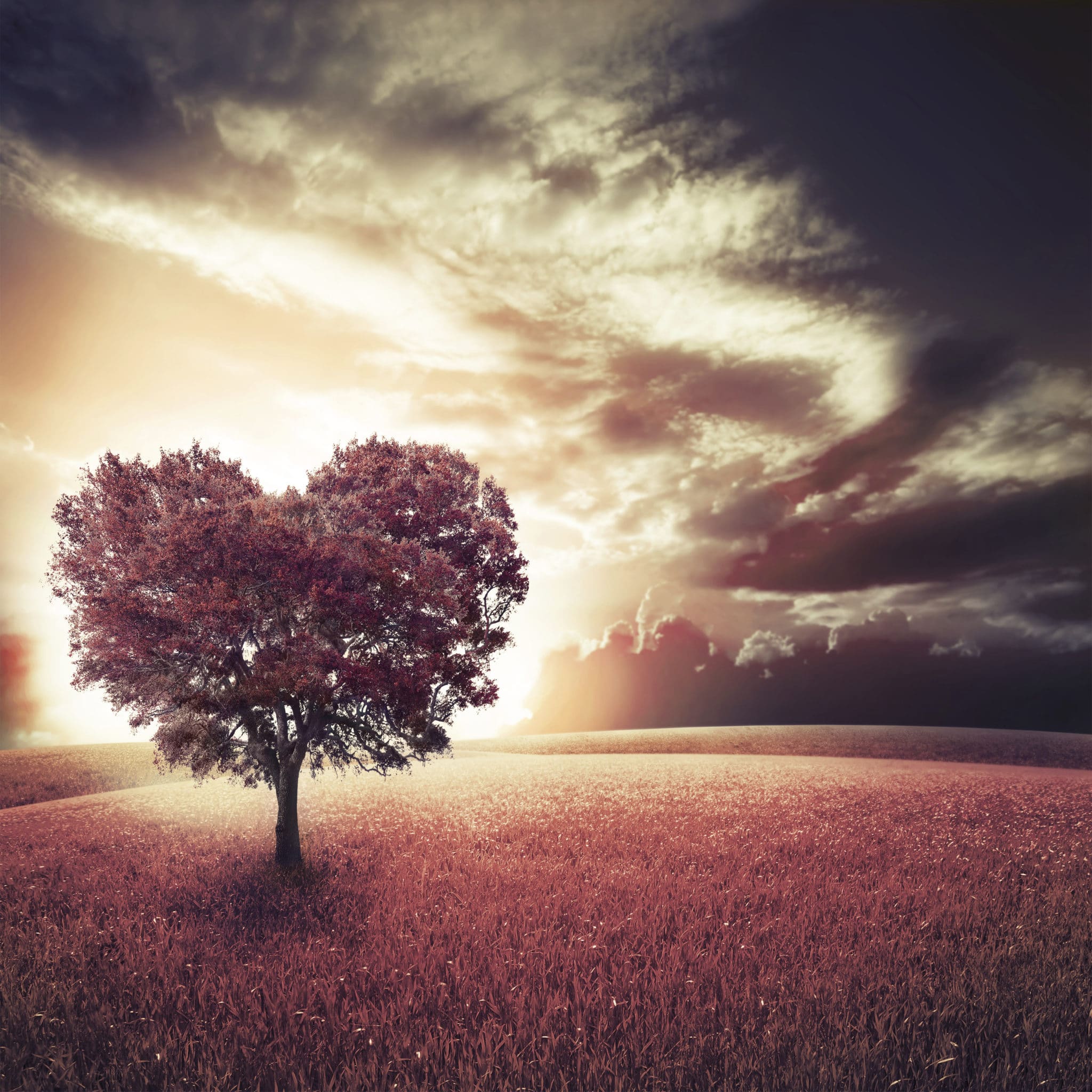With all the talk about the environmental protection, who was the first to actually celebrate nature with a special holiday?
Long before Earth Day and Arbor Day, the Jewish calendar honors Tu B’Shevat, the 15th of Shevat as the day that marks the beginning of a “New Year for Trees.” This is the season in which the earliest-blooming trees in the Land of Israel emerge from their winter sleep and begin a new fruit-bearing cycle.
We observe Tu B’Shevat by eating fruit, particularly from the kinds that are singled out by the Torah in its praise of the bounty of the Holy Land: grapes, figs, pomegranates, olives and dates. On this day we remember that “Man is a tree of the field” (Deuteronomy 20:19) and reflect on the lessons we can derive from our botanical analogue.
Appreciating the Divine in everything around us – especially the habitat that provides us sustenance and allows us to live – is the essence of the entire purpose of existence.
Rabbi Joseph Isaac writes in his memoirs: One day in the summer of 1896, my father took me for a walk in the fields. The crops were ripening. A light breeze moved through the sheaves, eras of corn nodded and whispered to each other. My father said to me: “see my son – Divinity! Each movement of every ear of corn, and of every tuft of grass, was anticipated in the principal thought of the cosmic primordial man.” (to simplify, maybe we should just say: is part of G-d’s master plan).
We had gone into the forest, and I, absorbed in our conversation, stirred by the sound of my father’s voice and the purity of his words, had distractedly broken off a leaf from a tree and was holding it in my hand, tearing it to bits and dropping the pieces to the ground.
My father said: ‘The holy Ari used to say, apart from the fact that every leaf of a tree is a creature that has in it divine life, and was created by G-d for some predesigned purpose, there is also contained in every leaf a spark of some soul that has descended to this world in order to be redeemed.
“And now, regard how careful a man must be in this world, whether awake or asleep. See, even now, as we were speaking about divine providence, you absentmindedly plucked a leaf , held it in your hand, tore it into little pieces, and scattered the pieces to the ground. Should one regard the G-d’s creations so lightly? The Creator wrought this creation too for some purpose, there is divine life in it. Within its own body is contained its own life. In what way is the ‘I’ in the leaf less than your ‘I?’ Yes, there is a great difference. The leaf is in the category of the vegetative world, and you in the category of the ‘human.’ But everything created has its own end, and its divine obligation to accomplish something in the world.”
Sensitivity is not arbitrary. Some of us are sensitive only to certain people and at certain times. It is not uncommon to find executive sharks that are merciless in their business dealings, while behaving like gentle lambs with their own children and families. Not to be outdone, there is also the parent that for some reason demonstrates more love to strangers than to his or her own children. Then, there is “seasonal” sensitivity, displayed only at particular moments, when convenient or just at the whim and mood of the bestower happening to be in a benevolent frame of mind.
Any sensitivity, especially in our harsh world, is always welcome. But true sensitivity is one that is not compartmentalized. Because sensitivity driven by personal interest can, and inevitably will, always be arbitrary. If you are sensitive on your own terms, then who is to say when those terms will dictate turning against a loved one? If you are insensitive to some people or in some situations and times, you ultimately will be – if and when it suits you – insensitive to other people, situations and times.
During World War II unspeakable evil was perpetrated against humans while the same barbarians – no need to mention them by name – legislated extreme measures of empathy to… dogs and cats.
Sensitivity is a state of being, not an act. A noun, not a verb. A sensitive person is sensitive all the time (even asleep), to all people and in all situations.
Man is a tree of the field. The New Year of Trees makes us aware of our intimate dependence and integral connection with the “field” (world) in which we live. And thus, the profound sensitivity to all that grows and all that breathes around us.
The only reason, the Torah teaches, we may consume or use elements of nature for our personal needs, is not because we have a right to them, but because we have the responsibility and privilege to refine, elevate and perfect the environment. We have this right only when we use nature for positive and constructive ends, to civilize and enhance the world, morally and ethically, for good and holy purposes. If we don’t, we do not have the right to even touch any part of the environment.
Man is a tree of the field. The New Year of Trees teaches us that life consists of two elements: Man and the field (universe). Man is the subject. The universe is the object. A human being takes an object of the universe, say an apple off a tree, and eats it. He can use the energy from this food for destructive purposes; he can use it neutrally, for optional acts; or—and this is its purpose—use it towards constructive ends. We have the power and dominance over nature; we have the ability to destroy it, maintain its neutral state, or elevate it.
Our sages state two reasons why the human, the crown jewel of creation, was created last, after all other creatures. One reason is because you first set the table and then invite your special guest to dine. The second reason, which seems to contradict the first, is that if the human being misbehaves and transgresses, he is told that even the lowly insect preceded his creation. How do we reconcile the two? Depending on our own behavior, we determine which one we are: the special guest or inferior to the insect. The human race was given free choice. As the universe’s crown jewel, we can either elevate the universe by lifting our environment to a greater place; or if we are destructive, and act not in synch with the Engineer’s plans, then, as the Chassidic saying goes, the “cobblestones cry out: what right do you have to walk on me?” We have become inferior even to an insect, which has not digressed from its purpose.
We are all responsible for the environment around us. We have no right to hurt or damage any object in this universe, from the largest animal to the smallest insect, from the mammoth to the microscopic components of nature. Everything was created for a purpose and we are responsible to care for and protect every part of existence, whether it is human, animal, vegetable or mineral. Moreover, we are responsible to help it reach its fullest potential in realizing the purpose of its creation.
Responsibility for our universe is great gift. It is the gift of being active participants in the dynamic unfolding of the world’s destiny.
So we have one day in the year when we are asked to think not about ourselves but about the trees and vegetation around us. This requires humility and discipline. With all our preoccupations, it may seem trivial to “stop and smell the roses,” but in return we develop a deeper sensitivity to every thing, every one and every moment – even to ourselves.
Man is a tree of the field. Appreciating the environment is not merely a crusade and another cause; it reflects awareness of the Divine in all. In makes us more cognizant of every detail in life. How one virtuous deed affects the delicate balance on which the fate of the world hangs. You can have a positive impact on every person you meet and on every space you travel through. One act can save a life, and a life is an entire universe.
In our complicated and troubling world – a spiraling economy, leaderless leaders, global anxiety, a nervous sense of inevitability – it’s good to step back and remember our symbiotic relationship with nature; our roots embedded in the fields of earth. We must take responsibility for each other. We are all that we have. And G-d.
It can be very healing to lift our eyes to heaven, look at the trees around us, peer inside the tree that is man, and bid them a Happy New Year.








Theres another story in the Gemara. DUring the time of the Roman control over the land of Israel a Roman nobleman saw an old man working in the field. He asked him what hes doing and the old man answered that hes planting a fruit tree. THe Roman nobleman started laughing and teasing the old manDO you really expect to be alive to enjoy the fruits of this tree. THe old man answered:just like my ancestors planted trees for me, so do I plant trees for the next generation to enjoy.
SO our TOrah was always concerned about the land and about the people.
As usual, this is beautifully written and touches me deeply. Ever since I was a child, long before I am became Torah observant, I have been in love with nature, particularly the trees. and especially the animals. Having grown up in a rural area, I appreciated the beauty, the magic, if you will, and I felt it was all a gift from the Creator, even without formal Jewish education or affiliation. As an adult, when I became baalat tshuvah and learned the Torah explanation of the world, it seemed so logical and reasonable to me. Thank you for reminding me that the Torah makes taking care of the environment our responsibility and our privilege.
Responsibility opens the way to true Authority.
I didn’t hear any comments regarding human induced climate change. I don’t get it.